Progeria Genetic Disorder
Management focuses on the individual signs and symptoms of the condition. Although there is currently no cure research involving treatment is ongoing and progress is being made.

A Progeria Mutation Reveals Functions For Lamin A In Nuclear
A single gene mutation is responsible for progeria.
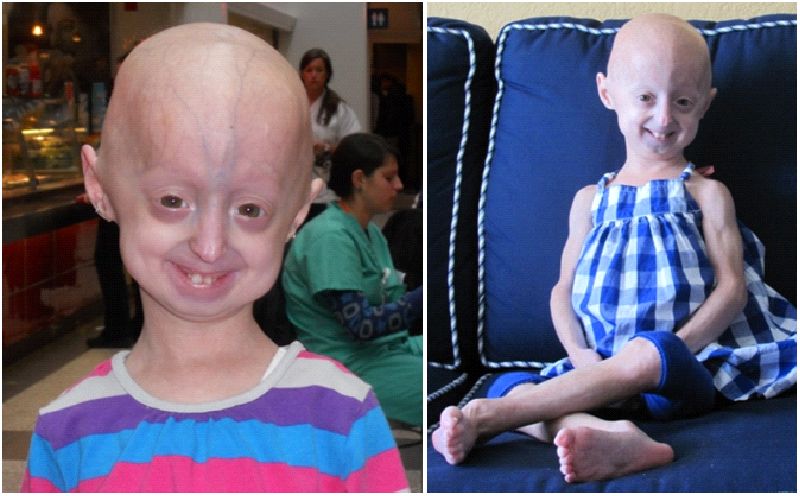
Progeria genetic disorder. It occurs due to a genetic mutation and can lead to fatal heart conditions and a higher risk of stroke. Usually within the first year of life growth of a child with progeria slows markedly. Progeria pro jeer e uh also known as hutchinson gilford syndrome is an extremely rare.
This gene is responsible for producing a protein that helps maintain the structural integrity of the nucleus in cells. It affects about 1 in every 4 million births worldwide. Progeria is an extremely rare genetic disease of childhood characterized by dramatic premature aging.
Affected children typically look normal at birth and in early infancy but then grow more slowly than other children and do not gain weight at the expected rate. Progeria is one of several progeroid syndromes. 1endocrinology metabolism division national institute of nutrition icmr hyderabad india.
Progeria is caused by mutations in the lmna gene but almost always results from a new mutation rather than being inherited from a parent. Progeria research has gained momentum particularly in the. A rare genetic premature ageing disorder.
Progeria is caused by a genetic mutation. Progeria is characterized by clinical features that mimic premature ageing. Progeria is an extremely rare autosomal dominant genetic disorder in which symptoms resembling aspects of aging are manifested at a very early age.
Progeria also known as hutchinson gilford progeria syndrome hgps is a rare genetic condition that causes a childs body to age fast. Hutchinson gilford progeria syndrome is a genetic condition characterized by the dramatic rapid appearance of aging beginning in childhood. Progeria is a rare condition that causes a person to age too quickly.
Those born with progeria typically live to their mid teens to early twenties. Although the mutation responsible for this syndrome has been deciphered the mechanism of its action remains elusive. Progeria is characterized by clinical features that mimic premature ageing.
Most kids with progeria do not live past age 13. The disease is not. The mutation occurs in the lmna gene.
The disease affects both sexes and all races equally. The condition which derives its name from geras the greek word for old age is estimated to affect one in 4 million newborns worldwide. Sinha jk ghosh s raghunath m1.

New Drug Could Be The First Successful Treatment For Progeria

12 Year Old Girl Fighting Rare Aging Disease Becomes Best Friends
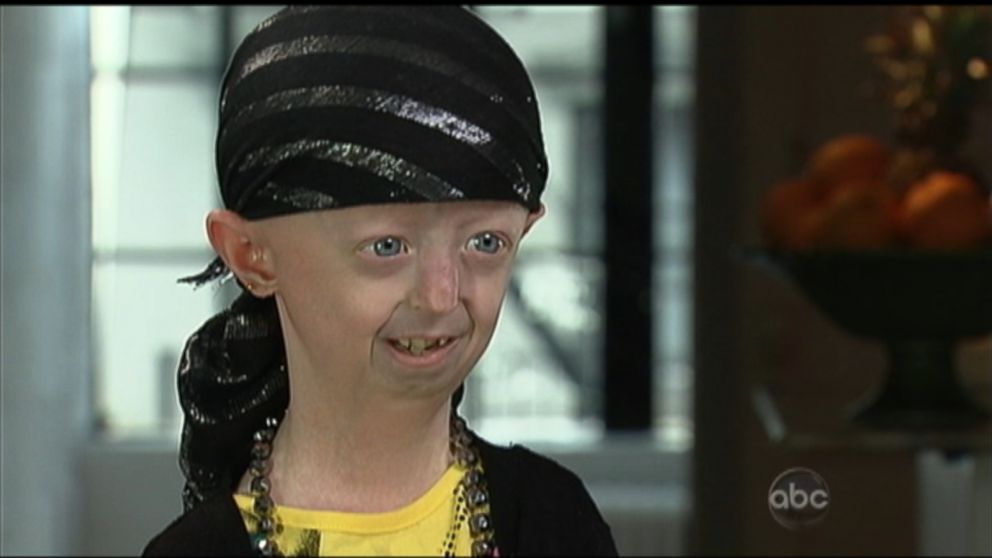
Teen Who Brought Hope To Those With Aging Disease Dies From Rare
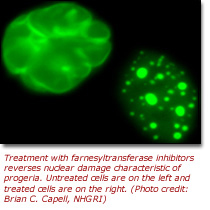
Anti Cancer Drugs May Hold Promise For Premature Aging Disorder
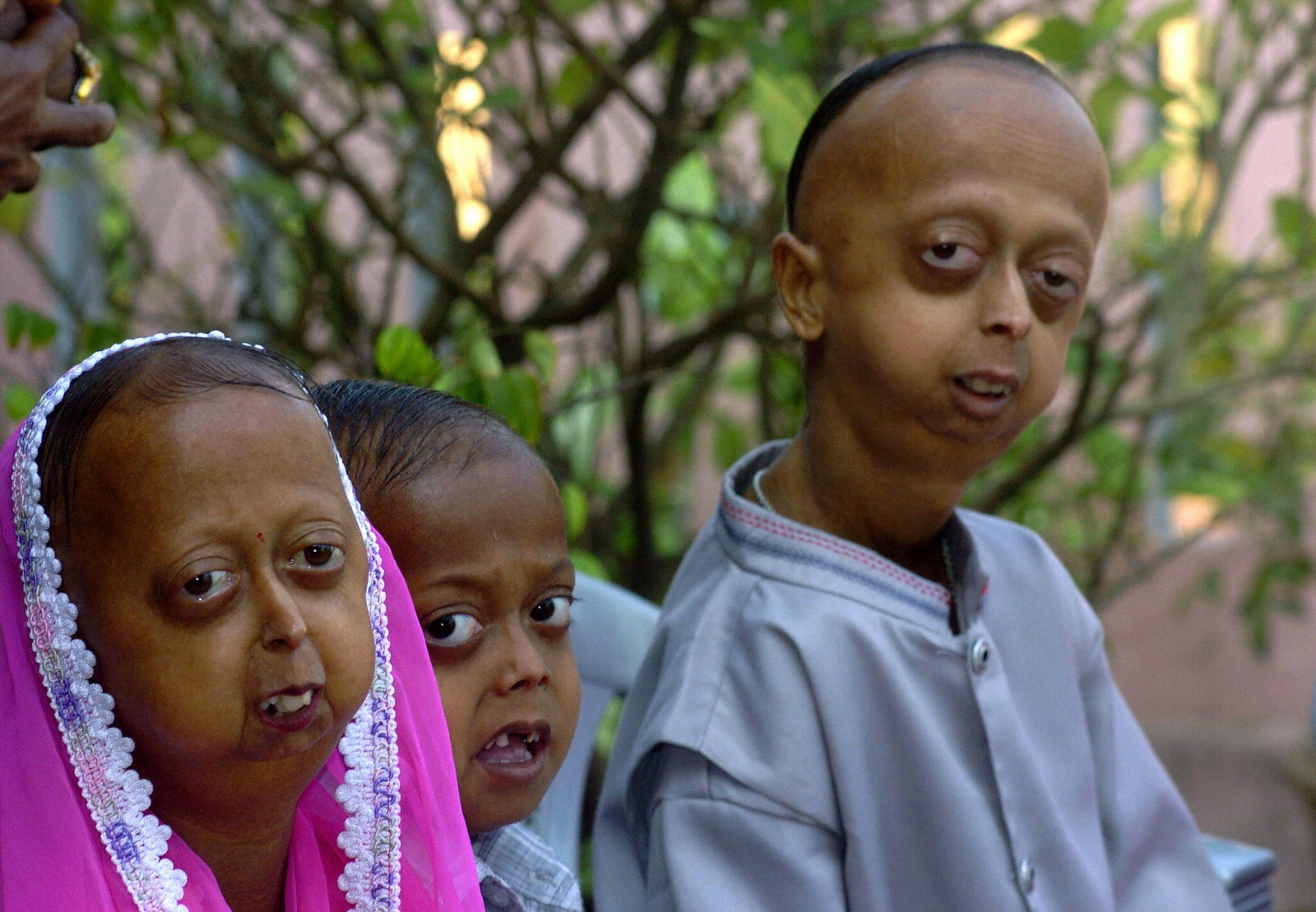
Rare Disease Day Five Of The Rarest Conditions In The World

Hutchinson Gilford Progeria Syndrome Intechopen
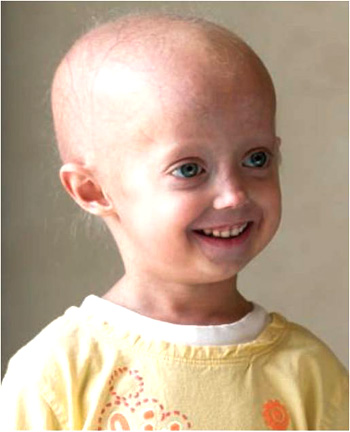
Unraveling The Mysteries Of Progeria Center For Cancer Research
Genetic Disorder Project Progeria Home
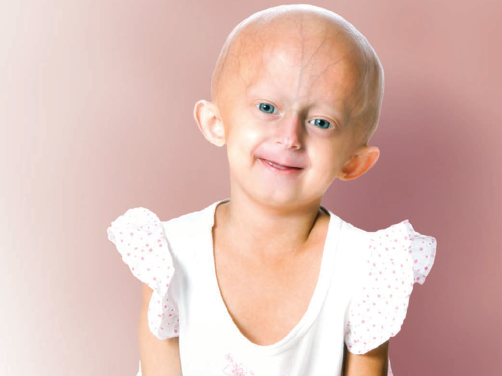
Explaining Accelerated Aging Center For Cancer Research